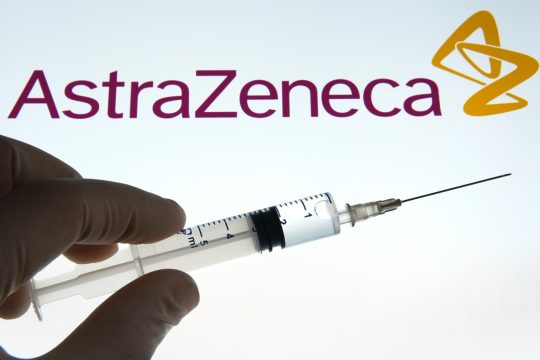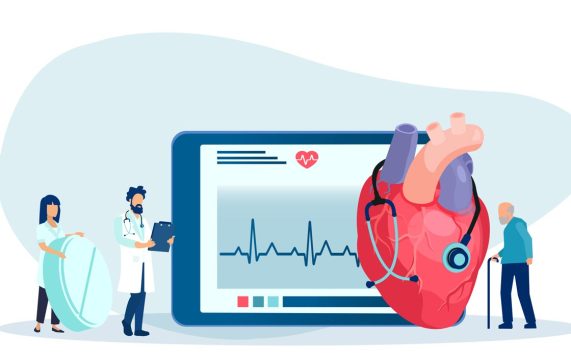Advertisment
Ivabradine shows efficacy in treating postural orthostatic tachycardia syndrome (POTS)

Article written by Bruce Sylvester
Researchers report that ivabradine, a drug used for heart failure, appears to improve symptoms of postural orthostatic tachycardia syndrome, also known as POTS.
The debilitating condition affects the autonomic nervous system and leads to an elevated heart rate, usually when standing. Other common symptoms are lightheadedness, palpitations, nausea, headache, and difficulty concentrating.
The findings appeared on Feb.15, 2021 in the Journal of the American College of Cardiology.
In an accompanying editorial, Satish Raj MD and Robert Sheldon MD, both of the Cardiac Science at the Libin Cardiovascular Institute and the University of Calgary’s (Canada) Cumming School of Medicine, wrote, “This is particularly gratifying given the paucity of effective treatments and the long-held promise of ivabradine in reducing the troublesome postural tachycardia and palpitations of POTS.”
Raj and Shelton noted that POTS usually afflicts women of childbearing age, “and is associated with significant functional disability, comparable to patients with heart failure.”
As background to the study, author Paul Traub, MD, cardiologist at the Cardiovascular Institute at UC San Diego Health and associate professor of medicine at UC San Diego School of Medicine, said “Ivabradine is a novel agent that’s FDA-approved for heart failure, but based on its mechanism we thought it could be helpful for patients with POTS as it reduces heart rate without impacting blood pressure. When we can lower the heart rate, we’re providing these patients with the ability to stand up, something they couldn’t do without difficulty before due to their POTS diagnosis.”
Twenty-two subjects diagnosed with POTS completed a randomized, double-blinded, placebo-controlled, crossover trial with ivabradine. The subjects were randomized to ivabradine or placebo for 1 month, and were then crossed over to the other treatment for 1 month.
The investigators measured heart rate, quality-of- life (QOL), and plasma norepinephrine levels at baseline and at the end of each treatment month.
Average age was 33.9 years, 95.5% were women (n = 21), and 86.4% were white (n = 23).
The subjects achieved a significant reduction in heart rate between placebo treatment and ivabradine treatment (p < 0.001). They achieved significant improvements in QOL with RAND 36-Item Health Survey 1.0 for physical functioning and social functioning.
They also achieved a strong trend in reduction, upon standing, of norepinephrine levels following ivabradine treatment (p = 0.056).
The subjects reported no significant side-effects with ivabradine, such as bradycardia or hypotension.
Taub said the study was the first randomized clinical trial using ivabradine to treat POTS. “Before the study, these patients would be living with elevated heart rates ranging between 100 to 115 beats per minute when standing,” said Taub. “After taking ivabradine twice a day for one month, the standing heart rate decreased significantly to around 77 beats per minute compared to the placebo group. Participants also reported improvement in quality of life measures when on the drug.”
Notably, POTS has recently been identified as a potential “long-hauler” symptom of COVID-19.
“In our contemporary practice, we are seeing patients who have previously been infected with COVID-19 present with symptoms consistent with POTS,” said Jonathan Hsu, MD, cardiologist at UC San Diego Health. “Given the similarities, this study leads to the question whether therapy with ivabradine may help patients who experience similar symptoms after a COVID-19 infection and provide an important area for future study as well.”





